For better or worse, it's easy for all of us to find ourselves in a bubble. We're surrounded by a certain way of thinking, a certain lifestyle, and a certain perspective on cultural norms. We can get caught up in thinking that people outside of our little bubble are weird, or different, and that the strange ways they might do things are flat out wrong or bizarre. This is especially common in the United States. The world, in a lot of ways, is America-centric. Most anywhere we go, people will speak English, accept our currency, and know who Taylor Swift is.
But the truth is that there's a big wide world out there, full of vastly different cultures and ways of life! And have we ever stopped to think... maybe we're the weird ones?
A recent thread on Reddit posed the question: "What is something Americans consider normal, but people from other countries find it disturbing?"
Here are the best responses on things that are normal in the U.S. but considered strange, shocking, horrifying, or just plain weird elsewhere.
1. Portion sizes
 American portion sizes are colossal.Canva Photos
American portion sizes are colossal.Canva Photos
"The portion thing always makes me laugh now since I learned Europeans apparently dont do leftovers from restaurants. I get that if you're used to a restaurant portion being something you always eat all of in one sitting our portions probably seem ridiculous. ... As a big dude who eats a ton just to live, I'm glad our portions are what they are," one user wrote.
2. Garbage disposals in kitchen sinks
"Yeah, it’s wild how normal they seem here, but elsewhere they’re seen as loud, dangerous, or just plain weird," someone commented.
"They also seem to think we dump large amounts of food waste down them when they’re just meant for small scraps," a user added.
Garbage disposals, indeed, are not often found outside of the United States. In fact, they're outright banned in many European countries. The thinking is that encouraging people to scrape leftover food down the drain places additional stress on the sewage system and harms the environment.
3. Prices don't include tax
Foreigners think it's weird when they come to America and a 99 cent item ends up costing $1.06. Differing sales tax across state lines is partly to blame, but users in the thread were convinced that's only an excuse:
"If the cash register knows the price, then the price sticker machine can be set with the same price. It's really that simple," someone wrote.
4. Gaps between restroom stall doors
 American public restrooms aren't very private.Canva Photos
American public restrooms aren't very private.Canva Photos
Visitors from Europe are used to public restroom stalls that are almost completely enclosed. In America, for some strange reason, we love leaving gigantic gaps between the edges of the door, the floor, and the ceiling. Why? There are a few reasons: It's easier to mop under the stalls this way, and less privacy means it's harder for folks to get away with doing sketchy things in the stalls. But either way, a lot of people don't like it.
"I once cried during a layover in the US because I needed to empty my menstrual cup after 12+ hours of traveling, and you could literally just see into every stall. Plus I need to squat down to do it, and the doors ended at my knees. A random lady saw me panicking and when I said the stalls weren't private enough, she said "awwwwe, are you European?"
5. So. many. commercials.
"I had a British friend ask why were there so many commercials during an episode of Family Guy," one user wrote.
"And the content of those commercials. Apparently it's only American doctors who need their patients to ask about some amazing new medication that has crazy side effects," another added.
6. We get healthcare through our jobs
It always struck me as funny that a country that supposedly loves entrepreneurs and small business owners makes it so incredibly dangerous to leave your job for any reason. It's even more shocking to people from, well, almost any other developed country.
"This job pays like shit and I hate it, but if I quit my essential medication won't be covered until I get hired somewhere else, so I can't risk it!" one user joked.
7. Worrying about the cost of the doctor
At least a quarter of adults regularly skip necessary medical care because they're worried about how much it costs. Visitors from abroad are utterly horrified by the thought of having to consider whether potentially life-saving procedures fit the budget.
8. Cashiers don't sit down
 Cashiers in America stand all shift long.Canva Photos
Cashiers in America stand all shift long.Canva Photos
People who work the cash register generally sit down in most parts of the world, including Europe. It's more comfortable and ergonomic, and, in fact, there's something called Right to Sit that guarantees this benefit.
In America, cashiers are often forbidden from sitting down while working, which comes as a big surprise to foreigners.
9. HOAs
HOAs exist in some parts of the world, but they are particularly intense in America. It can be a bucket of cold water for people who move here from abroad.
"A client of mine had a sick husband. He unfortunately passed away. She leaves her garbage cans out during this time and begins to get fined by the HOA everyday her cans are left out, and letters posted on her door," one user shared.
10. School children reciting the Pledge of Allegiance
 America loves the Pledge of Allegiance.Canva Photos.
America loves the Pledge of Allegiance.Canva Photos.
Some countries around the world have their own version of the Pledge of Allegiance. What's extremely rare is a democracy forcing children to recite their loyalty every morning and even face punishment if they refuse.
"Did a student exchange [in the US] when I was 17 and got detention on my first day for not saying it. I didn’t know it, but even if I did… It’s not my country! Tried so hard to politely explain that to the teacher and they wouldn’t have a bar of it," one commenter shared.
11. Our obsession with grass lawns
The love, nay, obsession, with lawns found in the America suburbs is not a global phenomenon. A lot of foreigners find it to be extremely strange, and a little disturbing. But there is a bright side:
"As a married, middle aged man with 3 kids, ill let everyone in on a little secret: Its the only time we get to ourselves... It also is really satisfying. But the actual reason behind why it became a thing is rooted in the classwar and racism like everything else in this country," one user wrote.
12. Declawing cats
 Cosmetic surgeries on pets are...a choice.Canva Photos.
Cosmetic surgeries on pets are...a choice.Canva Photos.
Optional or cosmetic surgeries on pets are pretty unique to America, all things considered:
"Docking tails, and clipping ears, and dew claw removal on dogs, too! Our miniature pinscher has had all three done to her by her previous owner, and it's just so needlessly cruel. She didn't need any of those surgeries," someone wrote.
13. Wearing shoes in the house
Shoes in the house is not uniquely American, but it's more common here than most other places around the world.
"This is insane and nasty. The city I live in unfortunately has a lot of shit — and I don’t mean from dogs — on the ground. Wearing shoes in the house is disgusting," someone wrote.
Personally, I love wearing shoes in the house—otherwise I'd constantly be stubbing my toes!
14. Circumcision
Again, a few other places around the world perform circumcisions, usually for religious reasons, but America is unique in the way it has become the default choice for almost every boy regardless of religion or background. Europeans, in particular, find this practice extremely strange.
"So glad I didn’t do this to my son. My fiancée’s family gave me serious backlash for choosing not to because all of the boys on her side of the family are circumcised. I simply told them that I am not a barbarian and I don’t care what they think," one user wrote.
15. Sugar in weird places
 America loves extra sugar in savory foods.Canva Photos.
America loves extra sugar in savory foods.Canva Photos.
A lot of food items on American shelves include tons of added sugar and high fructose corn syrup. You expect to see it in soda, candy, and desserts. But bread? Pasta sauce? Why is there so much sugar in everything?
Sugar is used regularly in America to enhance flavor and work as a preservative, whereas the practices isn't as common in many other countries.
This article originally appeared in June.






 These matching bunny ears though.
These matching bunny ears though. 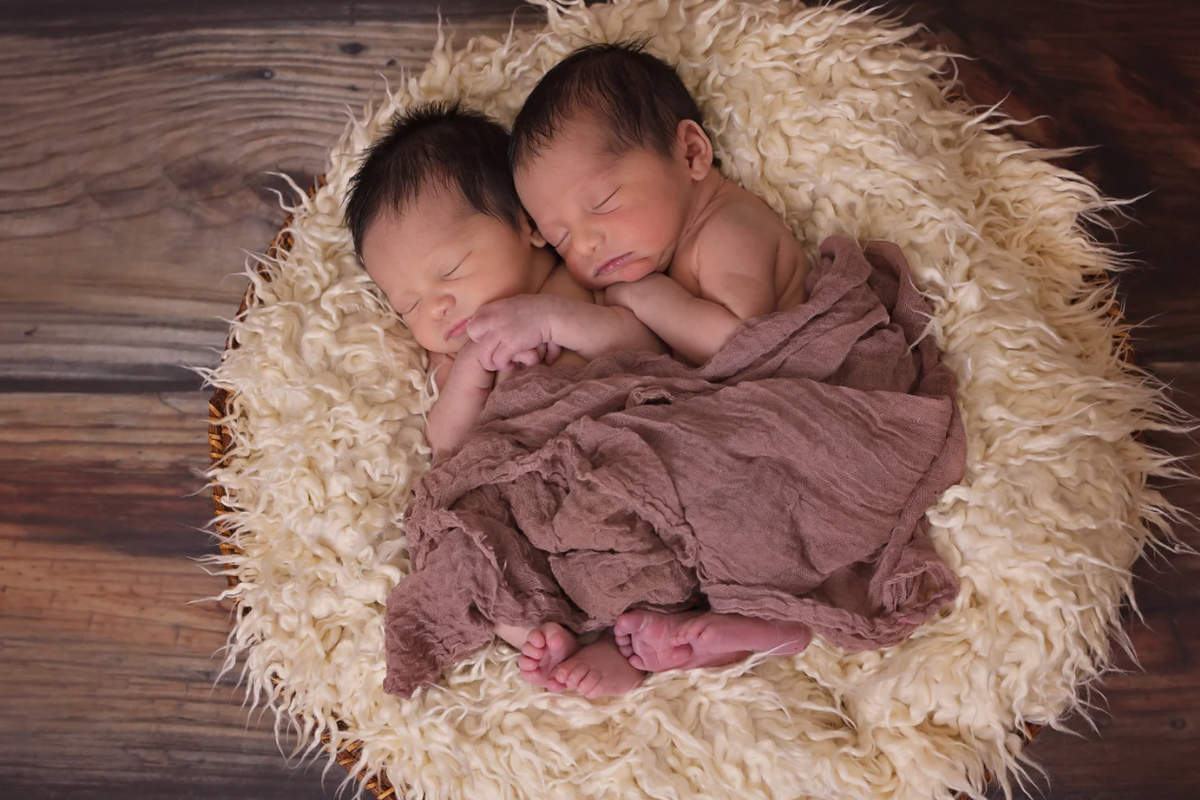 Many adult twins regret that their names are so closely linked together.
Many adult twins regret that their names are so closely linked together.  A record player plays a record.
A record player plays a record.  9 months is a very long time to be aboard a boat, even a giant cruise ship. Photo by
9 months is a very long time to be aboard a boat, even a giant cruise ship. Photo by  Pro tip: Don't ask the band on board to play "My Heart Will Go On" by Celine Dion
Pro tip: Don't ask the band on board to play "My Heart Will Go On" by Celine Dion  American portion sizes are colossal.Canva Photos
American portion sizes are colossal.Canva Photos American public restrooms aren't very private.Canva Photos
American public restrooms aren't very private.Canva Photos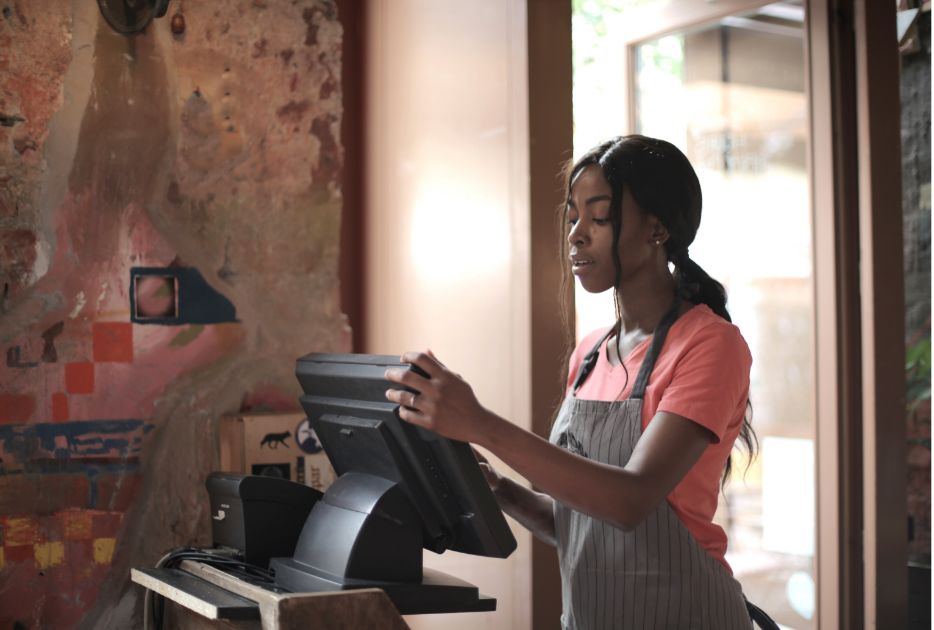 Cashiers in America stand all shift long.Canva Photos
Cashiers in America stand all shift long.Canva Photos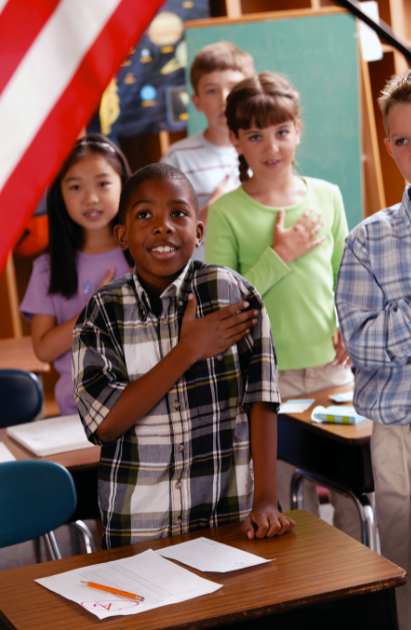 America loves the Pledge of Allegiance.Canva Photos.
America loves the Pledge of Allegiance.Canva Photos.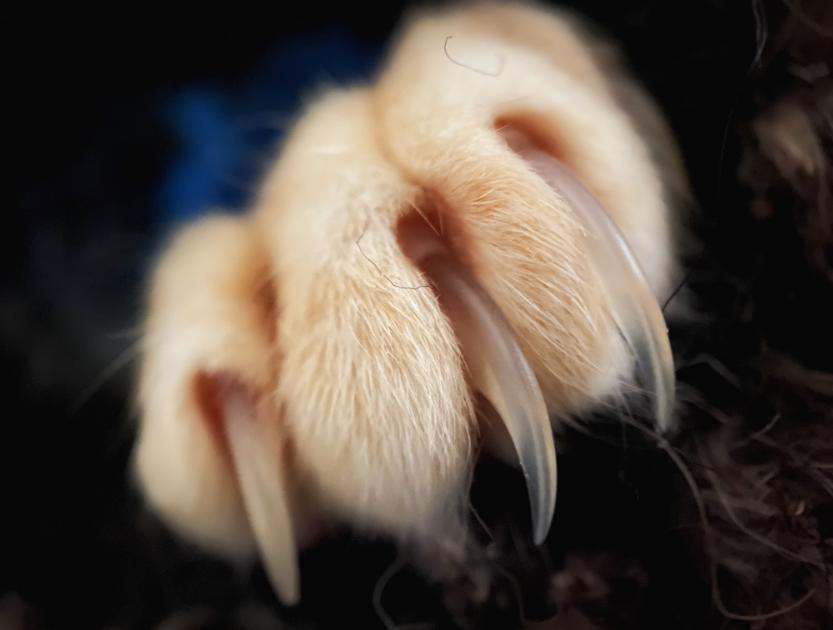 Cosmetic surgeries on pets are...a choice.Canva Photos.
Cosmetic surgeries on pets are...a choice.Canva Photos.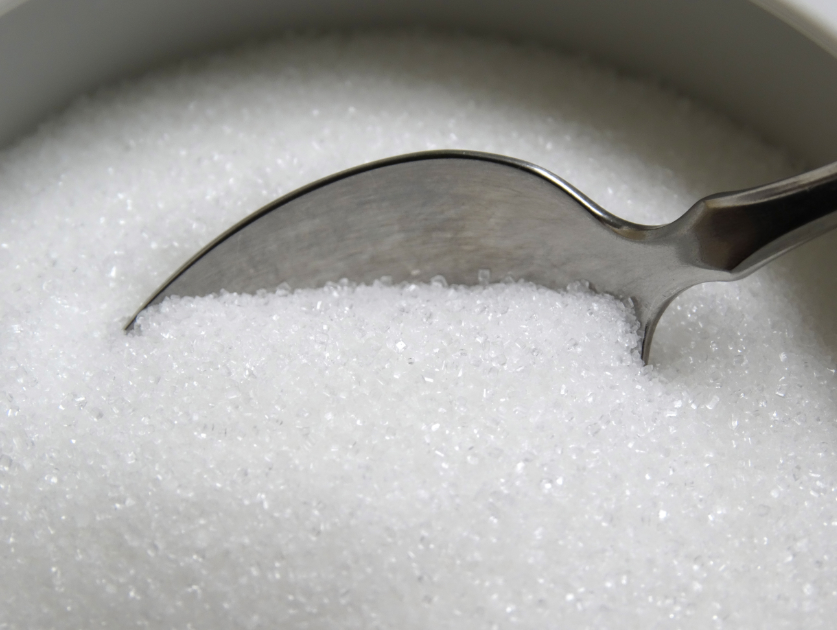 America loves extra sugar in savory foods.Canva Photos.
America loves extra sugar in savory foods.Canva Photos. Earth Wind And Fire GIF by Death Wish Coffee
Earth Wind And Fire GIF by Death Wish Coffee  September 21 GIF by Earth, Wind & Fire
September 21 GIF by Earth, Wind & Fire  Many cockatiels love to dance.
Many cockatiels love to dance.